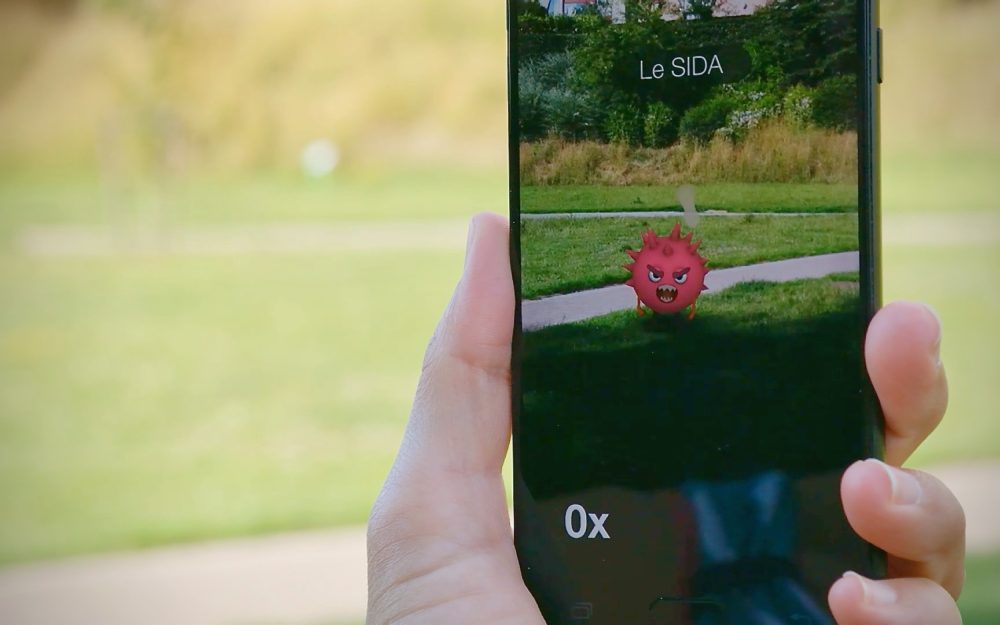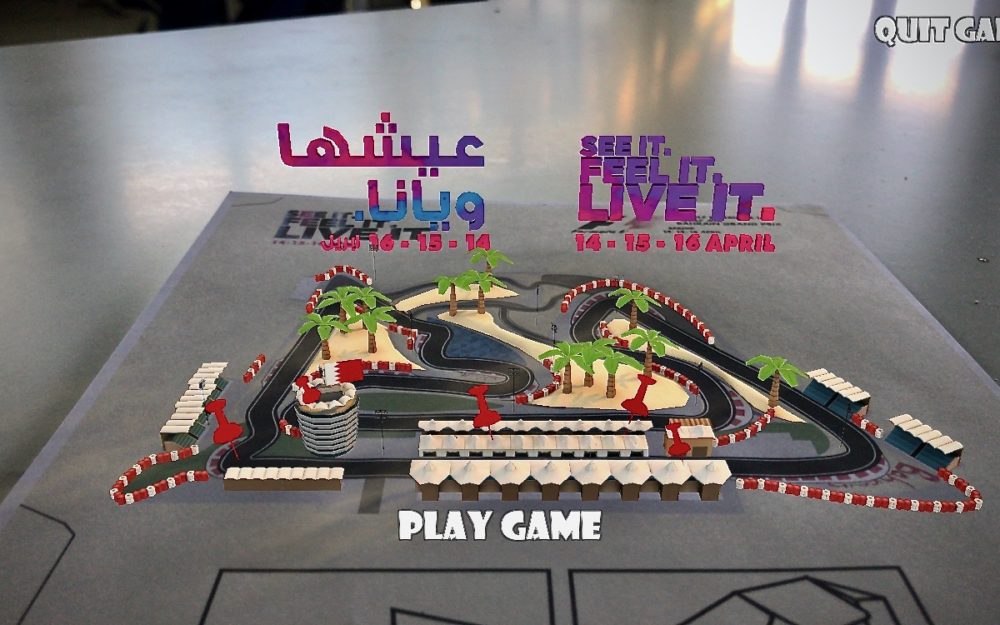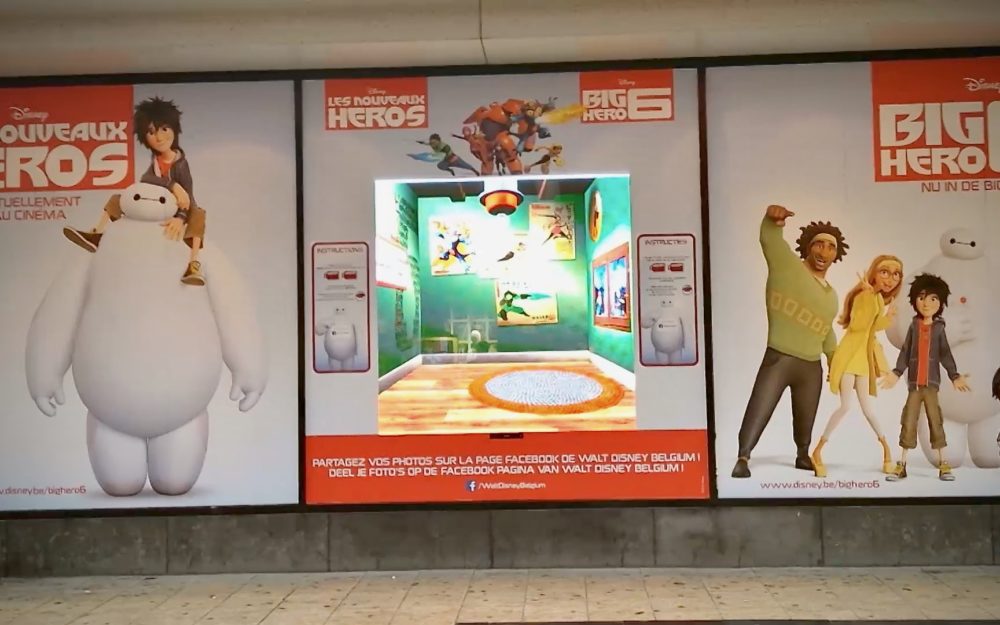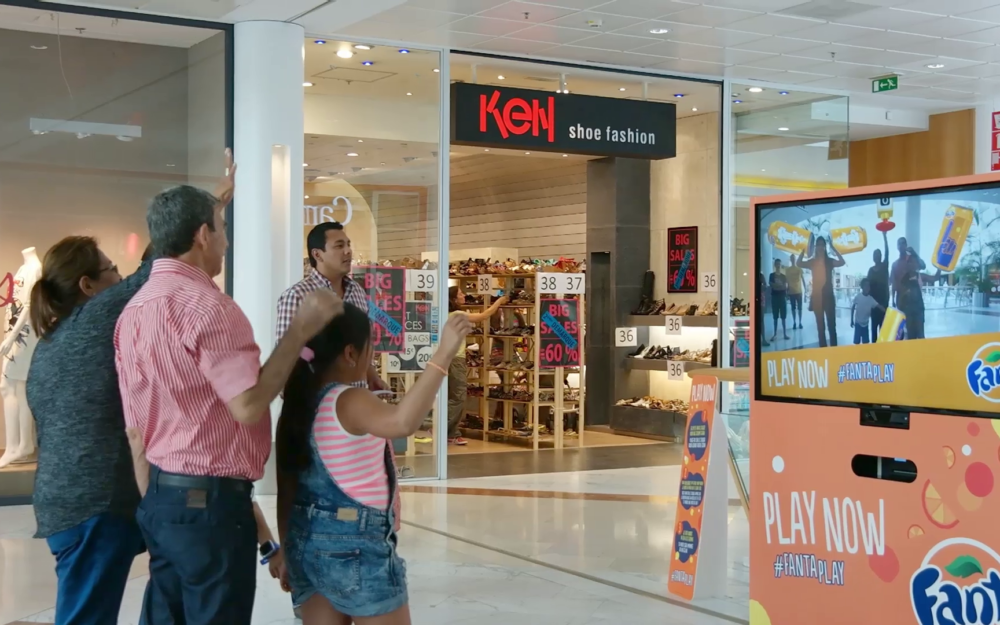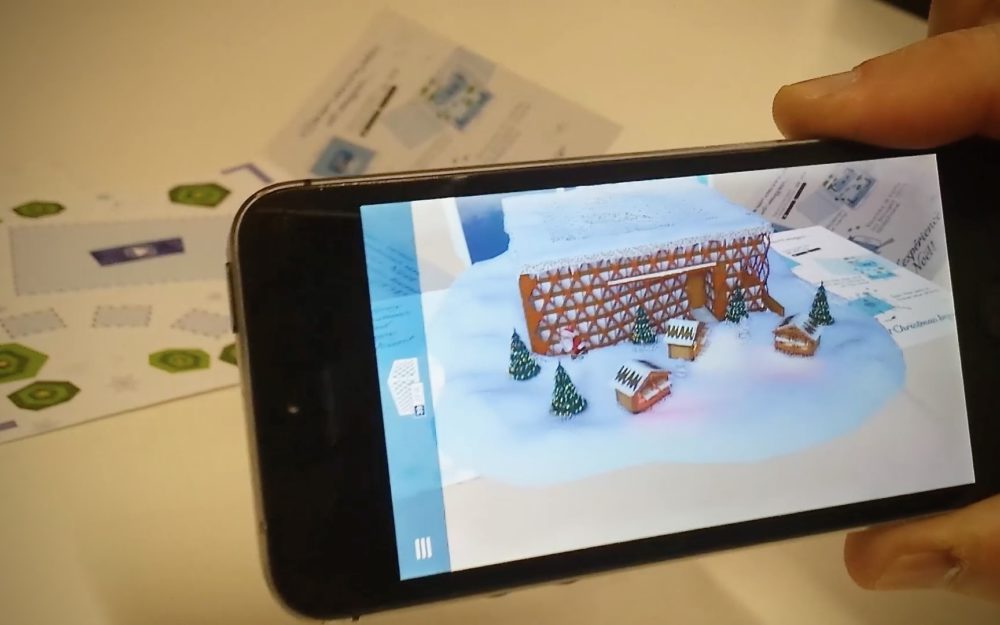Augmented Reality technology saw its records growth in 2019 and the growth will continue steadily. That’s the bright future of augmented reality, get on board now and create your first augmented reality experience!
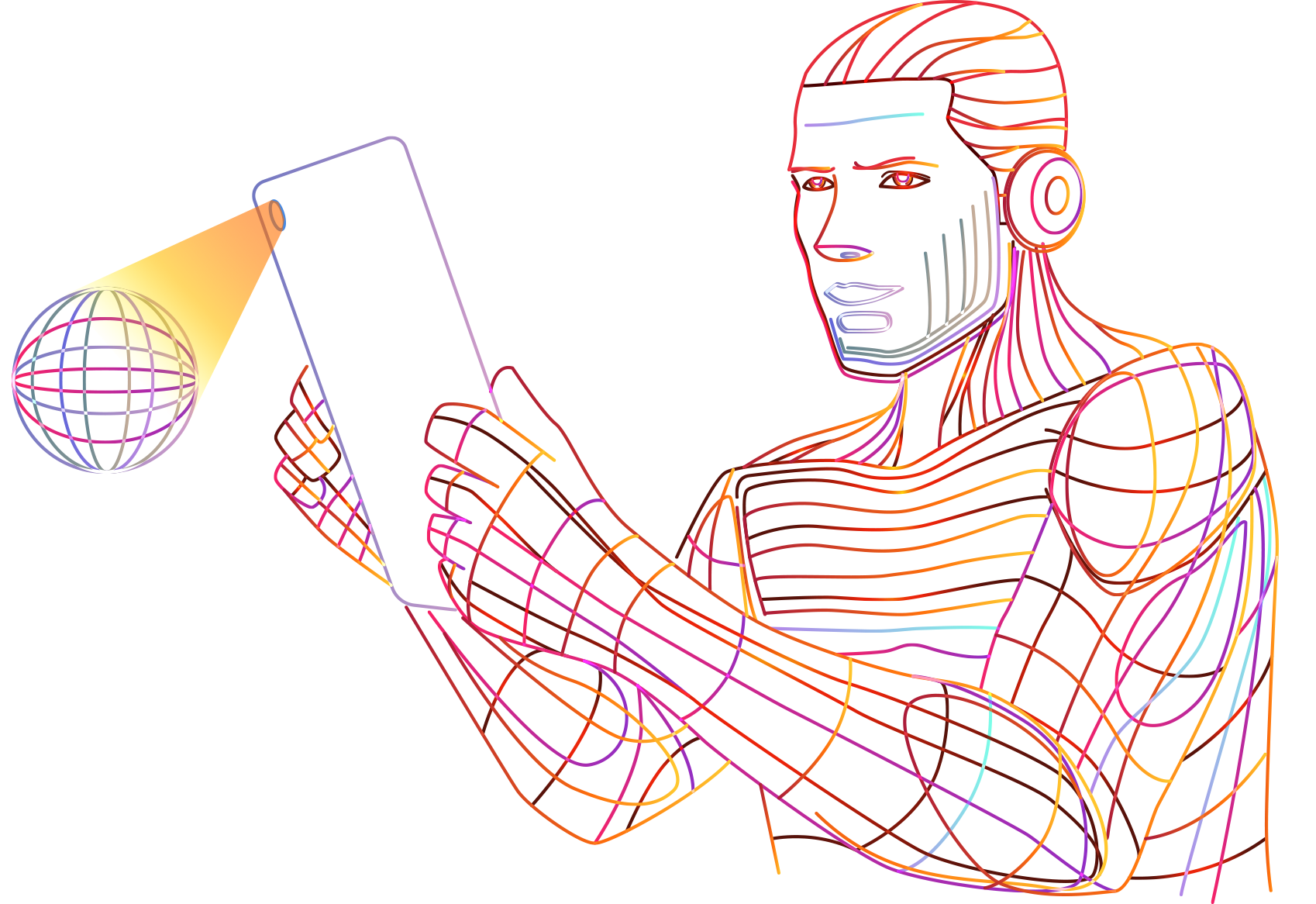
Explosive Augmented Reality Growth
At the early beginning of the creation of the company, ActiveMe has created its first augmented reality application prototype presented at Google IO in 2013. Since that time, we are keeping an eye on the technology and follow closely the quick evolution of the technology. From mobile devices, smart glasses, 3D depth camera, AR can be used with many different technologies and in many different use cases. At ActiveMe, we work on a large variety of devices and technologies such as ARKit, ARCore, SparkAR, Hololens, MagicLeap, 3D depth camera,… We shed light on the technology for you, advice on the best solution and create the most amazing experience.
Some Use Cases
AR for Entertainment and Communication
Major players such as Facebook, Instagram, Snapchat have introduced AR into their development platform allowing brands to create direct AR experiences straight from their application. Tell a story worth remembering. Leave a mark with emotional, gamified & fun content. Augmented reality can be used among other things for brand awareness so your clients and customers get a novel way of learning about your products and services. AR brings better visual recognition and emotional attachment than conventional advertising. Augmented reality solutions can engage customers, save their time, and simplify the purchasing process, your sales cycle can be shortened. Your augmented reality application can be invaluable for brand recognition and increased customer activity.
AR as a Novel Way of Shopping
Clothes brands have deployed showrooms and fitting rooms that provide try-before-you-buy options in augmented reality spaces. Furniture shops allow you to point your phone at spaces and see what different products would look like in your own home. Makeup, fashion and lifestyle brands all stand to gain significant appeal with customers by using technologies that handle facial recognition, adapt to local lighting conditions and provide personalized advice.
AR for Navigation Solutions
ArKit and ARCore based applications for indoor navigation can provide directions in airports, malls, hospital, office,… People already lean heavily on maps services from both Google and Apple to get around outside, but indoor navigation stands to be the use case that blows the public away.
AR-Powered Solutions for the Industries
There are multiple use cases for industrial AR that are driving its adoption across many different functions in the enterprise, from worker training, logistics, assembly, product design, maintenance, repairs and customer support,… There are also different hardware technologies used in industries such as mobile, tablet and the latest smart glasses which are pretty convenient to keep hands available.
WebAR
Instead of needing to use specialized apps, users can simply log on to AR-enabled websites to access the same level of functionality. The goal is to make AR adoption significantly more friction-free by using the installed web browser. Although these standards have yet to be established, the implementation of AR in browsers is under active development.
Hardware Augmented Reality solutions
Mobile AR
The most commonly used form of AR. Using mobile phone or tablet cameras we can overlay digital imagery on to the real world. Using leading AR platforms enables organizations to reach the widest audience possible for either marketing or training functionality.
Wearable AR
Mixed reality headsets overlay holographic imagery and information on to the real world from the users perspective. Utilizing holographic computer-generated imagery we can make complex procedures simple in real time for training or engineering needs.
Projected AR
Combining wall screens and depth camera technology allows for an incredibly new way for users to interact with digital worlds. Typically used for for marketing or large scale entertainment purposes, this is the only type of AR that eliminates the need for headsets or mobile devices.
